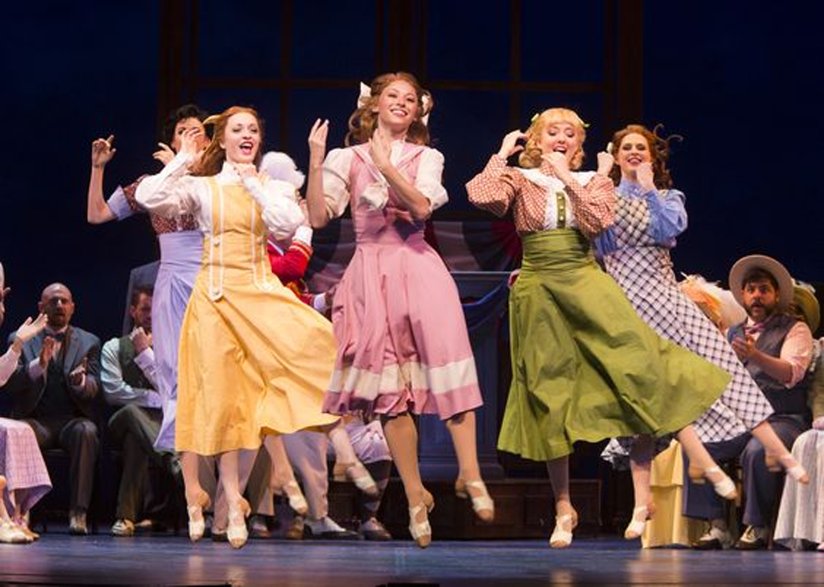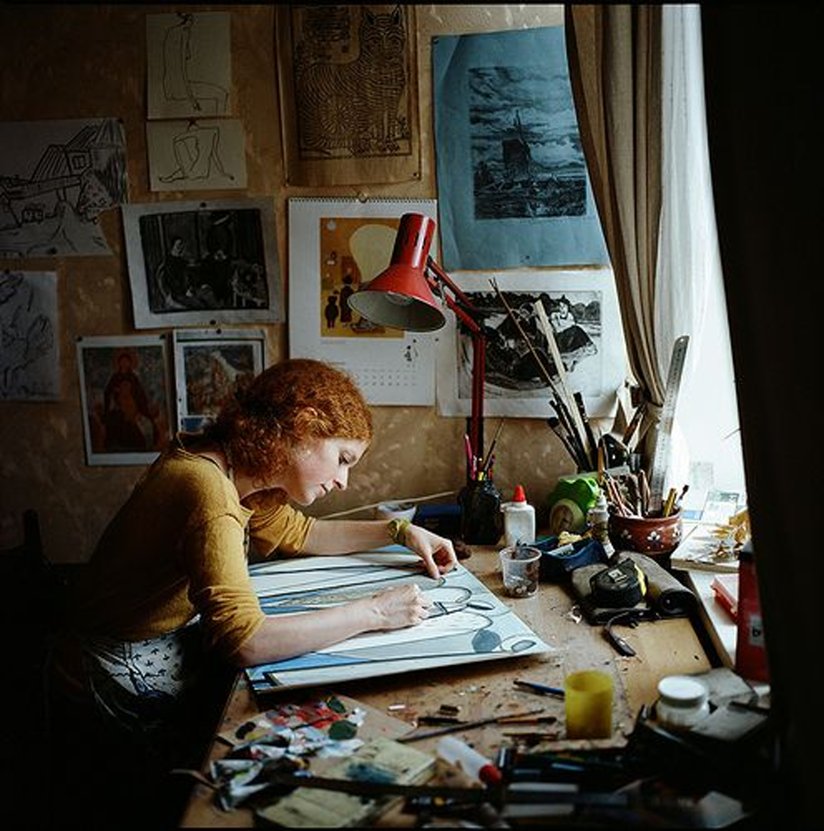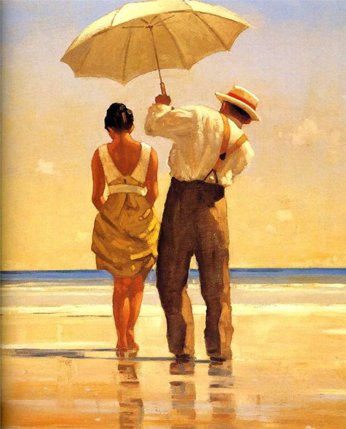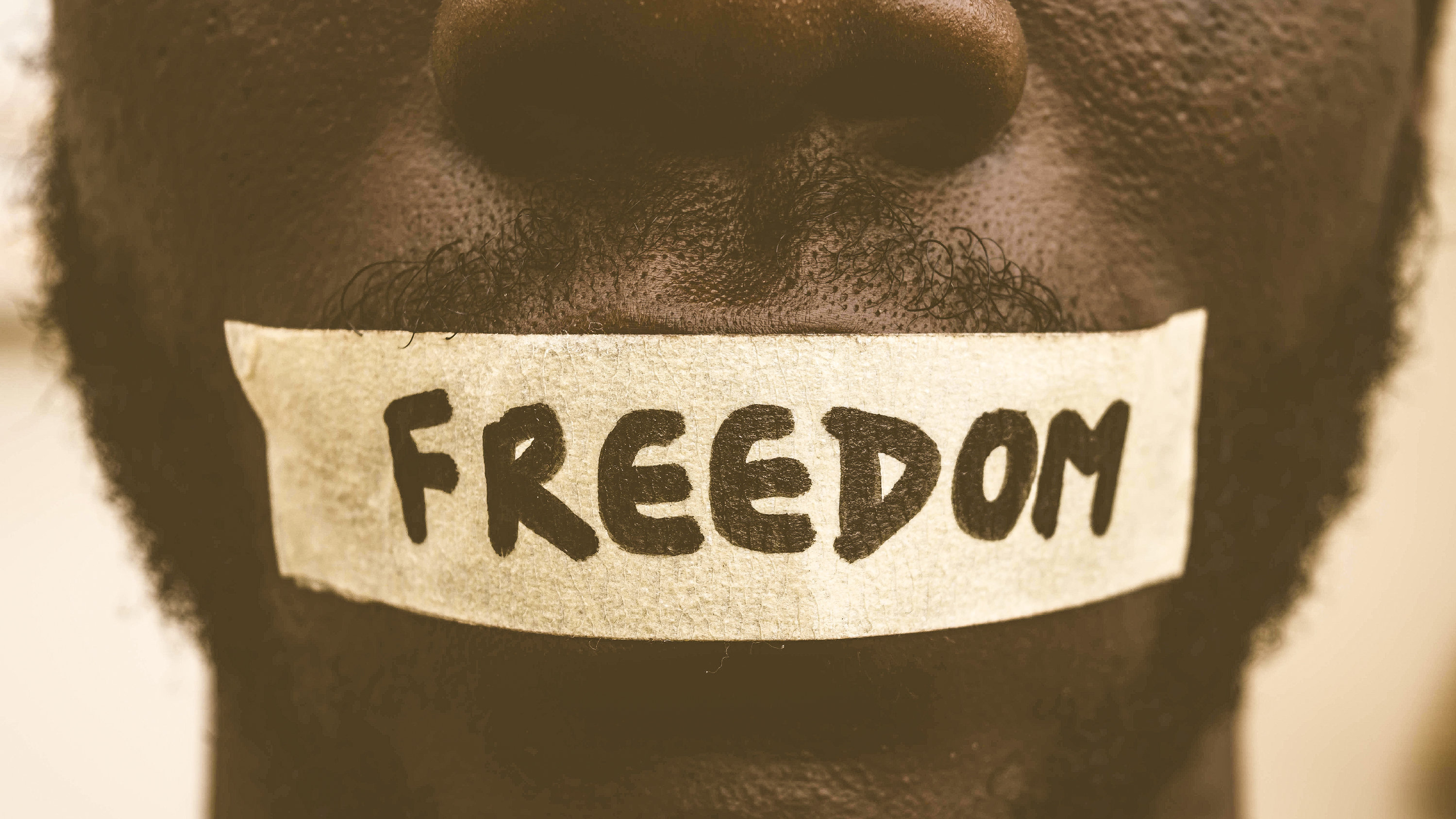
-
HOME
-
WHAT IS STANDOur Mission Our Values Our Help Contact
-
WHAT WE FIGHT FORReligious Freedom Religious Literacy Equality & Human Rights Inclusion & Respect Free Speech Responsible Journalism Corporate Accountability
-
RESOURCESExpert Studies Landmark Decisions White Papers FAQs David Miscavige Religious Freedom Resource Center Freedom of Religion & Human Rights Topic Index Priest-Penitent Privilege Islamophobia
-
HATE MONITORBiased Media Propagandists Hatemongers False Experts Hate Monitor Blog
-
NEWSROOMNews Media Watch Videos Blog
-
TAKE ACTIONCombat Hate & Discrimination Champion Freedom of Religion Demand Accountability
The Best Thing In The World
Once upon a time, my parents took me to see the original Broadway production of “The Music Man”—my first real, live stage show. Miraculous! Electrifying! A locomotive right on the stage! A marching band! A parade! But the most amazing thing to me was the audience— the effect that show had on the audience.

Simply put, they were happy. When people are happy they don’t hurt one another. When people are happy they don’t argue or glower or suffer from despair or the laws of physics. A two-and-a-half hour aesthetic experience in a large semi-lit chamber had accomplished this feat, and I never forgot it. The power of art.
In my work as a professional Scientology practitioner I have come in contact with many artists. Artists are people, only more so. Because Life is the essential raw material of artists—be they sculptors, performers, painters, writers, directors, or whichever—they involve themselves more with Life than other people. They communicate some teaspoon or cup or hundred-gallon vat of Life with every piece of art they create.

For that reason what an artist does with his art is vitally important. An artist capturing the heart of his audience is achieving a victory more complete than the conquest of an empire. An artist is a warrior who causes effects on his audience. And with today’s instantaneous global communication those effects could morally cripple an entire culture in a matter of decades or just as surely create a new age of enlightenment and grace. Which it will be is in the hands of the artist.
Just as the artist has an obligation to the world he lives in and contributes to, so do we, practitioners of Scientology, have an obligation to the artist. As developed by its Founder, American writer and researcher L. Ron Hubbard, Scientology, in its literal sense, means “knowing how to know.” What does that mean? Well, turn on your TV or read your newspaper and find out what you know now. Is there too much crime, too much degradation, too much unfairness in the world right now? Is that among the things that you know? Would you like to “know” that things are getting better, that you will be a success, that you will be leaving your children a better world than you had when you first came into it? Or would you like to “know” that the level of degradation, crime and dismay in the world will only increase? Well, it is in your power to create new things to know. You do it every day: “I’m going to pass that drivers test” (and you do!) “That girl’s gonna go out with me” (and she does!) “It’s going to be a lousy day” (and it is!). You did that, and nobody else!
This knowledge and reality, coming through the techniques and processes of Scientology, frees up a great deal of attention.
As another example of knowing, in Scientology we do not believe that one is an imperishable, potentially all-powerful spirit encased in a body and mind—we KNOW it—just as surely as the keys light and hop beneath my fingers as I type that statement. This knowledge and reality, coming through the techniques and processes of Scientology, frees up a great deal of attention that might otherwise have been used worrying about the future or one’s fate in it. When one knows one’s fate, knows he is creating that fate, and knows it so completely that he doesn’t have to wear it on his sleeve or keep it in his pocket—but just knows it so that it is a part of him, like his name or the way that he laughs or picks up a spoon—it provides one with a great deal of insight into life and others. The blocks to one’s creativity fall away, as does the effort and struggle often associated with the arts and creation.

An often heard word of advice to artists is, “Create as though everyone now alive will die eventually, and you will be more earnest in your art.” Fair enough. But supposing instead that artists created as though everyone was immortal and therefore had a stake and a responsibility in the creation of today’s and tomorrow’s world. How much more earnest, grand and triumphant a blueprint for the ages ahead is that?
What is the best thing in the world?
Creating.
What is the very best thing in the world?
To be able to create freely. The future is an empty canvas for all of us to paint on, a great unwritten novel to contribute to, a glorious musical with a finale not yet conceived. To freely and with a light heart create the future is quite a project to undertake. But all of us are invited, as, after all, all of us in creating that future, are ourselves artists.
And that is the best thing of all.









